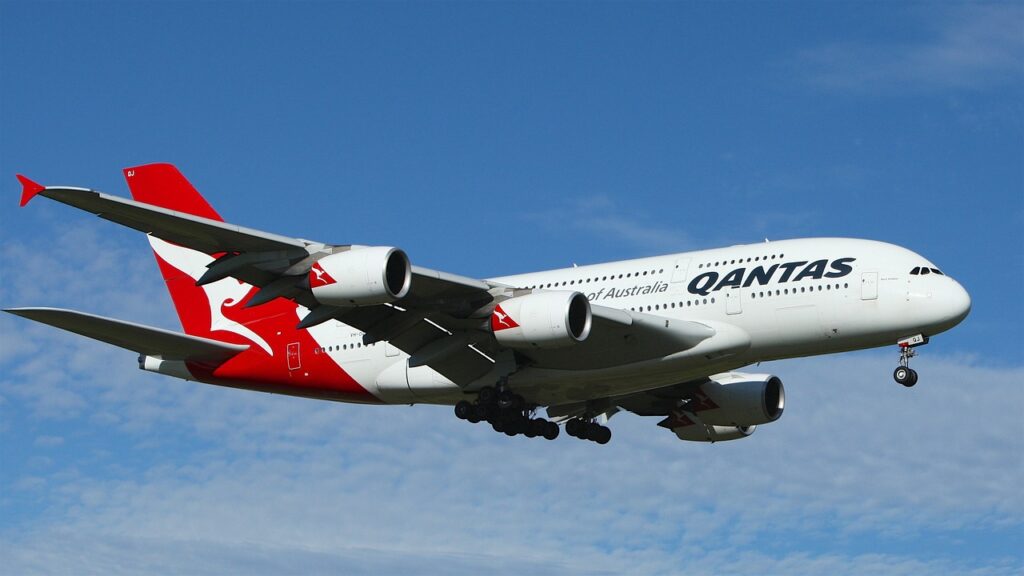High Court Ruling: Future workplace right is now protected
Qantas Airways Limited v Transport Workers Union of Australia [2023] HCA 27

Background
On 30 November 2020, Qantas (The Employer) decided to outsource its ground handling operations to reduce costs. Qantas stated that the decision was for financial reasons as its operations had been severely affected by the COVID-19 pandemic. As a result of this decision, Qantas employees would be made redundant as their duties would be otherwise performed by labour hire workers.
Under the Fair Work Act 2009 (Cth) (“the Act”), employees may only engage in protected industrial action (such as a strike) if such action is associated with bargaining for a new enterprise agreement. At the time of the decision to outsource labour, the affected employees would be made redundant before they could exercise their workplace right.
Issue
Section 340(1)(b) of the Act prevents an employer from taking adverse action (which may include dismissal or redundancy) to prevent the exercise of a workplace right by the employee.
The dispute between Qantas and TWU centered around:
- Whether the adverse action provisions of the Act extend to the protection of a workplace right which will only exist in the future.
- Whether the substantial and operative reason around the Employer’s decision to outsource its ground handling operations was to prevent employees from organising or engaging in protected industrial action in the following year.
The onus was on Qantas to disprove the intent behind the adverse action.
The Decision
The Federal Court focused its decision on Qantas’ reasons for outsourcing labour. Although Justice Lee accepted that Qantas’ decision to outsource was because of financial pressures, His Honour found that one of the substantial and operative reasons for outsourcing was in fact to eliminate the future rights of employees to engage in protected industrial action.
Qantas first appealed the decision to the Full Court of the Federal Court, which confirmed Justice Lee’s decision, and later appealed the decision to the High Court.
The High Court agreed with the lower courts that Qantas had not disproved that a substantial and operative reason for the outsourcing decision was to prevent employees from exercising a presently held or future workplace right (industrial action).
However, the High Court’s decision focused more on whether the adverse action provisions could apply to a future workplace right that does not currently exist.
In doing so, the High Court made the following observations:
- A workplace right still exists even if the capacity to exercise the right may depend on accrual over time or on the occurrence of a future event or contingency (For example, long service leave);
- The adverse action provisions would be relevant only if the substantial and operative reason behind the action was to prevent the exercise of the workplace right, not just an awareness of the effect of the action on the employee’s workplace right or if this was just a factor of the decision.
- If Qantas’s outsourcing decision was to generate substantial savings to address imminent liquidity issues (where the consequence of this decision is termination of employment of staff), this would not have been a contravention as long as preventing protected industrial action was not a substantial and operative reason.
What can employers learn from this?
There has been a lot of concern that this decision has essentially caused the death and downfall of outsourcing and labour hire. It is important to note that not all hope is lost as long as businesses keep the following in mind:
- What is the driving reason behind the decision? This decision does not preclude you from taking into account the expiry dates of enterprise agreements or the possibility of industrial action when making business decisions. However, these factors must not be a driving factor (substantive and operative reason) for such decisions.As noted above, if Qantas was able to establish that the driving factor was commercial in nature, it would not have been an issue that employees would be prevented from exercising a workplace right in the future as a result of this decision. As such, it is important to be conscious of the decision-making process when making operational decisions that may adversely affect employees.
- Present v Future right: When considering whether a business decision negatively impacts your employees, you should also take into account their future entitlements that do not presently exist. Some examples briefly mentioned by the High Court were in relation to long service leave (which may not exist presently but only in the future) and annual leave (which presently does not exist but will be taken in then future when it has accrued).
Further Information and Assistance
If you are considering making significant operation or business decisions that may adversely affect your employees and are unsure of next steps or possible consequences, please contact our Workplace Relations Team at info@businesssolutionshub.com.au or via our Contact Us page.
Please note that this article is not intended to provide legal advice, but rather constitutes general guidance on the summary of the facts and issues as perceived in the decision. For more information, you may wish to contact our Workplace Relations team to assist you further.


 20 Sep 2023
20 Sep 2023
